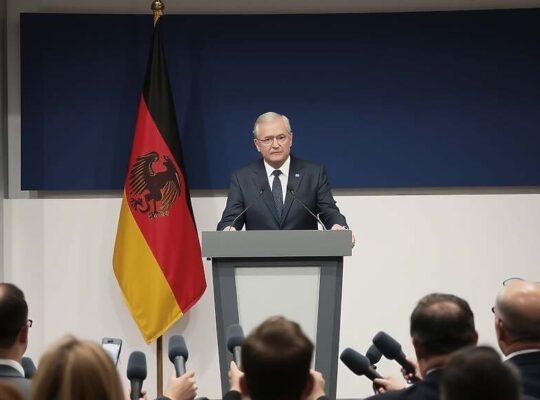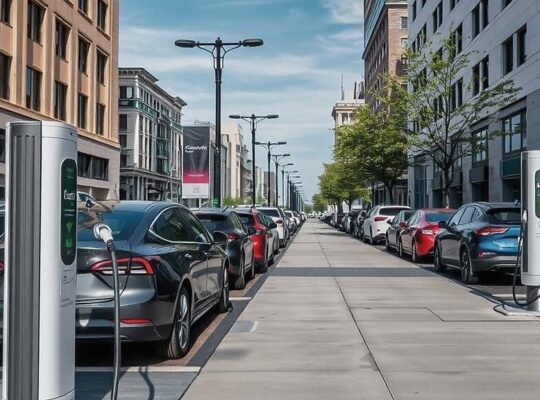The German government is facing internal debate over the design and distribution of a planned electric vehicle (EV) purchase premium, sparking concerns about equitable access and potential political fallout. Environment Minister Carsten Schneider of the Social Democratic Party (SPD) has publicly advocated for excluding higher-income households from benefiting from the subsidy, signaling a shift in strategy intended to target those most in need of financial assistance.
Schneider’s proposal directly challenges earlier, more generous proposals circulating within the SPD, which suggested a premium of up to €3,000 for new and used EVs priced under €45,000. He characterized these earlier figures as “discussion contributions from colleagues” indicating that a final agreement remains elusive. The justification behind limiting access to richer households rests on the argument that they possess the financial capacity to transition to electric mobility without additional government support.
This targeted approach is ostensibly designed to broaden EV adoption among lower and middle-income families, while simultaneously incentivizing automakers to develop more affordable electric models. Critics, however, have raised concerns that such stringent income restrictions could create bureaucratic hurdles and potentially stigmatize recipients, while also limiting the overall impact of the program by restricting its reach.
Beyond the purchase premium, Schneider emphasized the urgent need to accelerate the expansion of Germany’s charging infrastructure. He proposed legally obligating petrol stations and supermarkets to install charging points, signaling a move towards stricter regulation of the private sector. He also called for greater price transparency in the charging market, suggesting the implementation of a digital platform to facilitate price comparisons among charging providers – a measure intended to address complaints about high and opaque charging fees.
While acknowledging improvements in Germany’s existing charging network, Schneider conceded that significant “catch-up” is still needed, particularly in urban areas where residents lack private garages or designated parking spaces. This infrastructural deficit remains a crucial barrier to wider EV adoption, particularly among those without readily available charging options. The proposed measures reflect a growing political pressure to ensure that Germany’s transition to electric mobility is both rapid and just, a delicate balance facing the governing coalition.












